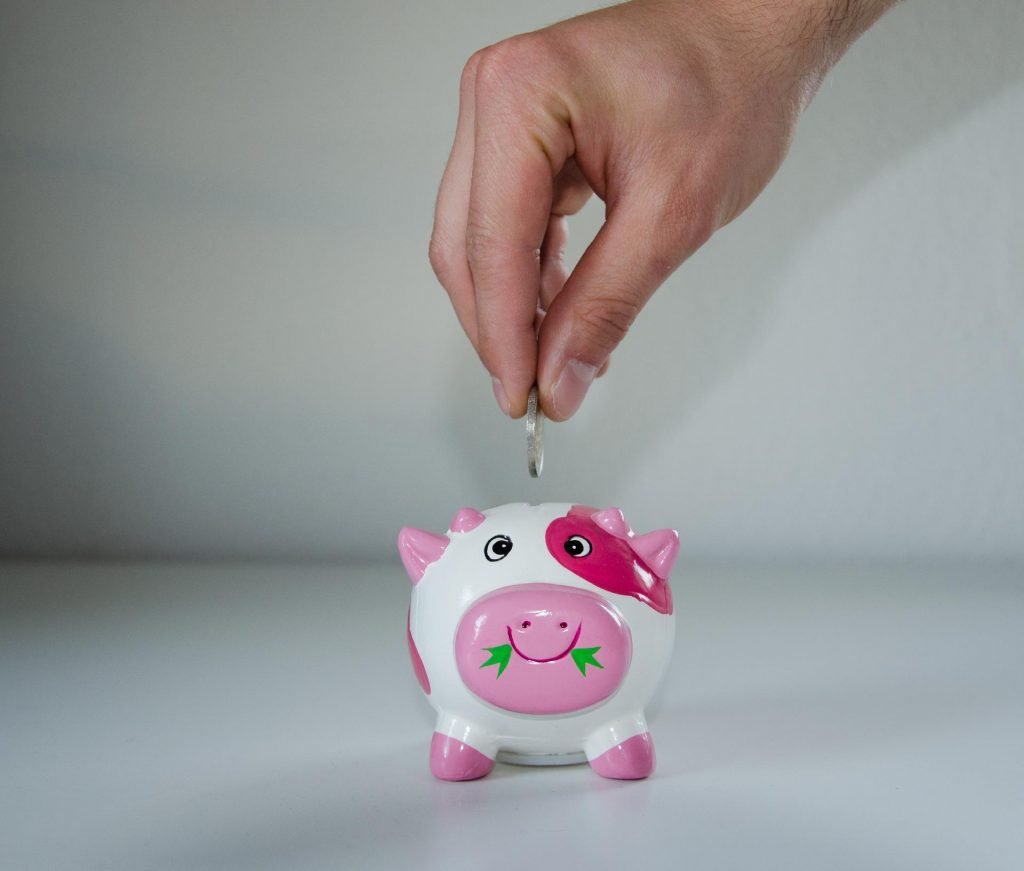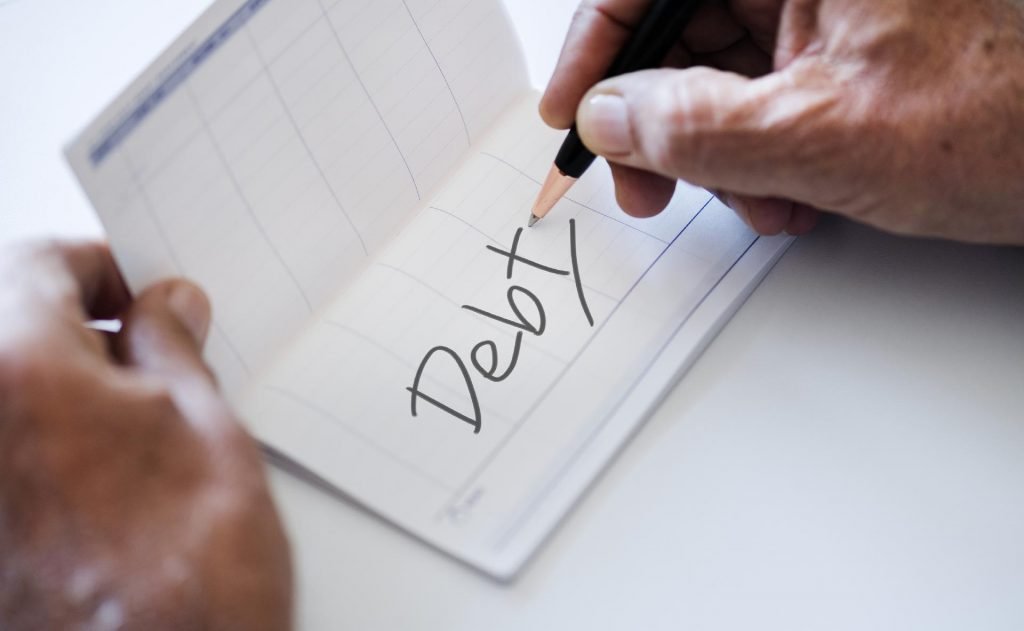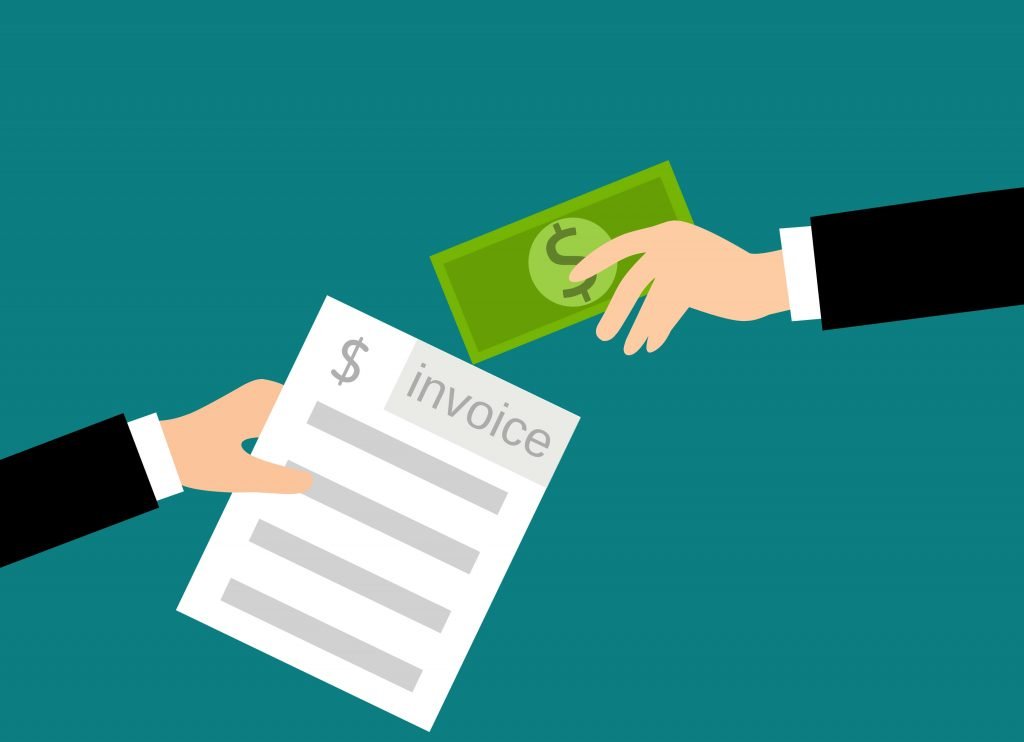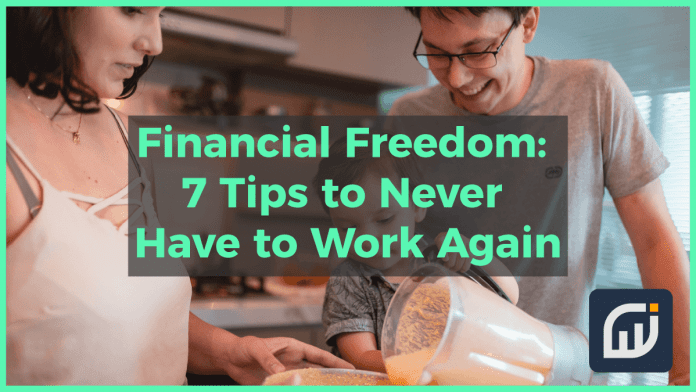The term “financial freedom” invokes different types of mental images for different people. Some imagine this type of freedom as relaxing along the sunny shores of Hawaii. Others imagine sailing around the world on their very own boat. Everyone has dreams for what they would do if they never had to work again.
Despite the near-ubiquitous goal of being financially free, only a tiny subset of the population ever achieves this objective. A YouGov poll once showed that 75% of adults in Britain were not confident that they would be able to start saving enough money in the following year to cope with a “rainy day.” Practically, this means that at least 75% of adults are nowhere even close to being free financially!
Fortunately, financial freedom is within the grasp of most people. No matter where you are, what job you work, or how much you have saved, there is a path for you to become financially free! Let’s explore this concept and see what you need to do to make it a reality!
Financial Freedom: What Is It?
First, it’s worth defining what financial freedom is. As noted in the introduction, most people have exotic ideas of this freedom, but the definition is a tad bit more mundane.
Most people define financial freedom as being in a “position where you don’t need to work unless you want to.” In contrast, others describe it as being able to afford the life and lifestyle you want without necessarily being beholden to a job.
The reality is that financial freedom is all about control. If you can make decisions without needing to worry about the financial implications, you are financially free.
As a simple example, let’s consider two people. One has £1 million in debt, and another has £1 million in savings. Now, let’s suppose both people hate their jobs. The individual in debt may not have the luxury of quitting without significant damaging financial repercussions. Quitting (or getting fired) may mean the loss of their house, their car, and everything else they have ever worked for because there will be no money coming in to pay the bills.
Conversely, the individual with £1 million in savings might be able to quit their job and take their time finding another. If their savings can absorb the loss of income, they don’t necessarily need to consider the financial implications of leaving their job. That’s financial freedom. Of course, even if the person has £1 million in savings, they still may not be financially free if they also have £2 million in debt! Everything is relative!
It’s a scale and not an absolute term. Some people are entirely financially free, and others are economically free to quit their job but know they’ll need another within a year or two.
7 Tips for Achieving Financial Freedom
The ultimate objective should always be to have complete financial freedom – where you never have to work again. However, at a bare minimum, everyone should do everything possible to prioritise the freedom to not work for six months to a year. Knowing that you can quit your job if things get tough (or you have an accident) can make a world of difference in overall physical, mental, and emotional stress levels!
With that said, here are seven tips for achieving that financial freedom!
Make Financial Freedom a Priority, but Not Your Sole Priority
Even though this tip might sound obvious, it’s number one on this list for an excellent reason. Too many people fail to prioritise financial freedom and refuse to sacrifice, as necessary, to achieve it. Like any goal, having enough funds in the bank to take back control of your life will require work. There will be times when you may have to give up on the things you want or pay more attention to your money than maybe you’d like.

However, know that the result is worth it. Too many people take too many years off their lives stressing about money – both about spending it and saving it. Some people worry about saving every penny they can to amass as much wealth as possible, while others spend their lives stressing about paying off their accumulated debts. Neither extreme is positive.
Instead, make financial freedom a priority but also not your only focus. Are there some things you could do without or some things you could do cheaper? For example, maybe instead of eating out three times a week, you could eat out one. Or make sure that your budget accounts for saving at least 10% of your paycheque each week. These are simple example adjustments that begin to put financial freedom first in a sustainable way.
Financial freedom is not a sprint – it’s a marathon! During this marathon, you’ll need to chart a course that will work for you in the long run.
Prioritise Savings
With that in mind, the next step to pursuing financial freedom is to prioritise savings. You won’t ever become financially free if you never save money!

Many people talk about the concept of “paying yourself first.” From every paycheque you receive, put a percentage of it into a savings account that you don’t touch. You’ll begin to grow your savings that way.
Accomplishing this is quite simple. First, you’ll need to designate an account to use as your savings account. If you already have one, great, but if you don’t, consider opening an ISA if you are in the U.K. or a different tax-deferred investment account if you are in another country. Putting your savings into a tax-exempt or tax-deferred account will help you grow your wealth much faster.
Once you have that, take a look at your monthly expenditures and see how much you can realistically set aside. Most experts suggest at least 15% to retirement funds, but if you are looking for financial freedom, you might want to do that and add in another 5%-10%.
It is worth noting, though, that every little bit helps. If you can only do 2% now, that’s ok. Just keep working on the following tips and looking for ways to expand that!
Once you’ve set up your automatic contributions, please don’t lower them except for extenuating circumstances! The only change you could make is to increase your savings!
Consider and Potentially Change Your Housing Situation
What is the number one expense that most households have? If you answered “a mortgage,” you’d be correct. Mortgages are the most significant household expense in the U.S., and that holds for most countries around the world.
Even worse than a mortgage, though, is renting. Consider two individuals, one renting at £2,000 a month for 30 years and one with a £2,000 monthly payment on a £300,000 home (15-year fixed, 2.5% APR, assuming 0% down – this is merely for illustration purposes).
At the end of 30 years, the renter is out £720,000 and will continue to need to pay rent well into retirement (and that assumes no rent increases!). The homebuyer is out £360,000 in cash, and for 15 of those years, they had no monthly payments (remember, this is a simple example as there would be maintenance costs and property taxes in real life). Plus, the homeowner may have a £500,000 or more asset under their name.
But, if the homeowner bought a £3 million property, they would probably remain so cash-strapped trying to pay back the mortgage that they would never be able to save!
Ultimately, part of the path to financial freedom is finding sustainable housing that can build equity. Don’t rent, and don’t buy too big – find something affordable that you can pay off fast!
Eliminate Bad Debt
It’s challenging to have financial freedom if you have a car payment, a mortgage, credit card debts, lines of credit, and so on. There are two problems with these debts. First, they’ll eat up your available cash, which will mean you can save less. Second, the interest you’re paying will often be outrageously high, negating any good work you do for savings.

It is worth noting that there are good debts and bad ones. Good debts are on assets that appreciate, and homes are the most common “good debt.” You need a place to live, and, as mentioned above, paying off a mortgage eventually leads to no more mortgage payments and owning an asset that may appreciate.
Credit cards and lines of credit are usually bad debts. A car is also usually a bad debt, but you might need some form of an automobile to get to and from work.
Eliminate the bad debts. There are multiple ways to do this. Arguably, the most effective one is the snowball method, but there’s the debt avalanche method as well. Either one works – commit to getting out of debt and staying out of debt!
Start Investing in Equities
If you had invested £1 in the NASDAQ 30 years ago, it would be worth £27 now. Or, put another way, if you had £40,000 to invest back then, the NASDAQ alone would have made you a millionaire.
Past performance is no guarantee of future returns. With that said, we do know that historically, the stock market has been one of the best ways to achieve wealth. When prioritising your savings, consider putting some of that into a stocks and shares ISA. Some companies offer fractional share ISAs that let you invest as little or as much as you want!
Back 30 years ago, when commissions were outrageously high and opening an account was a pain, there was an excuse not to invest. Those days are long gone! If you want to achieve financial freedom, consider investing in equities.
Consider Passive Income Opportunities
Passive income is essential to financial freedom. Even if you have £0 saved in the bank, if you had passive income bringing in £10,000 per month, for example, you could potentially never have to work again. To achieve true financial freedom, you’ll likely need a combination of passive income and accumulated wealth.

If you invest in equities and put savings into bank accounts, you will receive some passive income in the form of interest and dividends. But, usually, the better options for passive income are bonds and real estate. Real estate, in particular, is a fantastic way to receive passive income through rents.
Some people even rent out their car, rent out rooms or floors in their homes, or even do peer-to-peer lending, if permissible in their jurisdiction. There are numerous possibilities!
Keep Expenses in Check
Finally, as you accumulate wealth, build your savings, reduce your debt, invest more, and have more passive income sources, it can be tempting to spend more since you have more. However, this, unfortunately, will only lead you back to where you started!

Instead, even as your income and savings grow, keep your expenses in check and live within your means. Prioritise savings and reinvest the bulk of any extras you gain from rents and other passive income sources. By keeping a similar lifestyle as your wealth grows, you’ll be able to take advantage of compounding to help you achieve financial freedom faster!
Financial Freedom Is Within Reach for Most People
No matter what job you have, where you live, or the state of your current finances, you should know that financial freedom is not some abstract goal that can never happen for you. Indeed, quite the opposite is true. For most of the population, with enough dedication and tenacity, financial freedom is entirely within reach. The sacrifices you make today will pay off well in the long run.
Therefore, commit to being financially free today and, using the tips above, chart out a realistic, sustainable path to never having to work (if you don’t want to) again!
